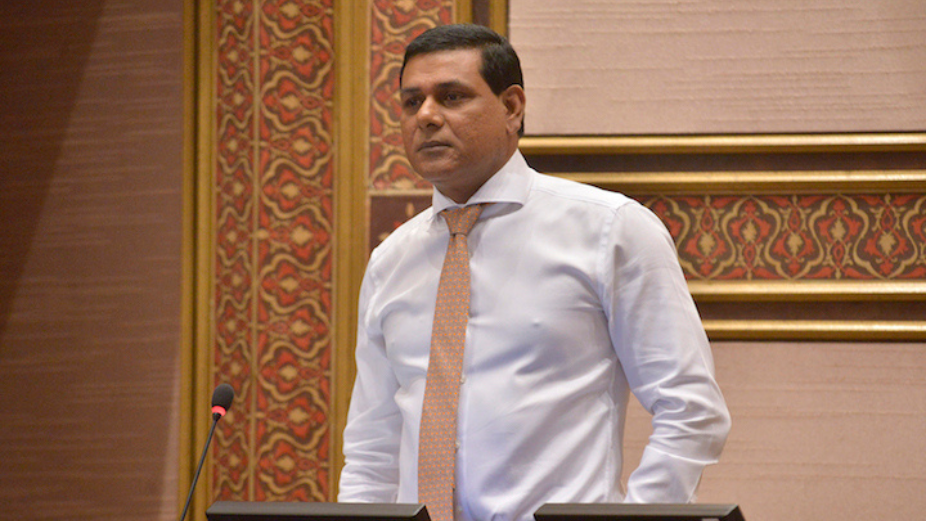
The Maldives government has decided against granting a sovereign guarantee for a USD 165 million (MVR 2.5 billion) loan intended for the development of a resort by renowned businessman and People’s Majlis member for Meedhoo, Ahmed Siyam Mohamed.
Ahmed Siyam Mohamed, leader of the Maldives Development Alliance (MDA), had sought government financial assistance to develop The Emerald Lagoon in Male’ Atoll into a resort with a capacity of 1,500 beds. The project’s estimated cost stands at USD 165 million (MVR 2.5 billion). Negotiations for the project involved China’s Shanghai Construction Group, with the loan requiring a guarantee from the Maldivian government to be provided by a Chinese bank.
The initial agreement for a sovereign guarantee was made in January 2018 during former President Abdulla Yameen’s administration. However, the current government’s endorsement was necessary to proceed with the guarantee. Ahmed Siyam Holding (ASH), Siyam’s company, had previously secured a USD 127 million loan from China’s Exim Bank in 2017, backed by a government sovereign guarantee for the development of Irufen Resort in N. Dhigurah. Although repayment difficulties arose during the COVID-19 pandemic, the delayed payments were eventually settled.
The decision not to provide a guarantee for Siyam’s latest loan request comes amid financial challenges faced by the state, marked by rising public debt. State debt is projected to reach MVR 129 billion, with the highest expenditure for debt repayment expected in 2026, amounting to MVR 15 billion.
Sovereign Guarantees: Global Perspective and Implications
Sovereign guarantees are often used by governments to mobilise private investment, particularly in large infrastructure projects. These guarantees assure lenders that the government will fulfil certain obligations, thus reducing the risk for private investors. This can be particularly attractive in developing economies where political and economic risks are higher.
However, sovereign guarantees come with significant risks and implications. They can lead to increased public debt and may burden future generations with repayment obligations. During economic downturns, the pressure on government finances can be exacerbated if these guarantees are called upon. Moreover, over-reliance on sovereign guarantees can deter governments from implementing necessary economic reforms and may lead to moral hazard, where investors take undue risks knowing the government will cover potential losses.
The World Bank and the Asian Development Bank suggest that while sovereign guarantees can enhance the bankability of projects, they should be used cautiously. Alternatives like political risk insurance and partial risk guarantees offered by multilateral institutions can mitigate risks without heavily burdening the government.
The Ministry of Finance’s decision to decline the sovereign guarantee for the resort development loan reflects a cautious approach towards managing public debt amid financial challenges. While sovereign guarantees can facilitate large investments, their potential economic implications necessitate careful consideration. Governments must balance the immediate benefits of attracting investment with the long-term financial stability of the state.












